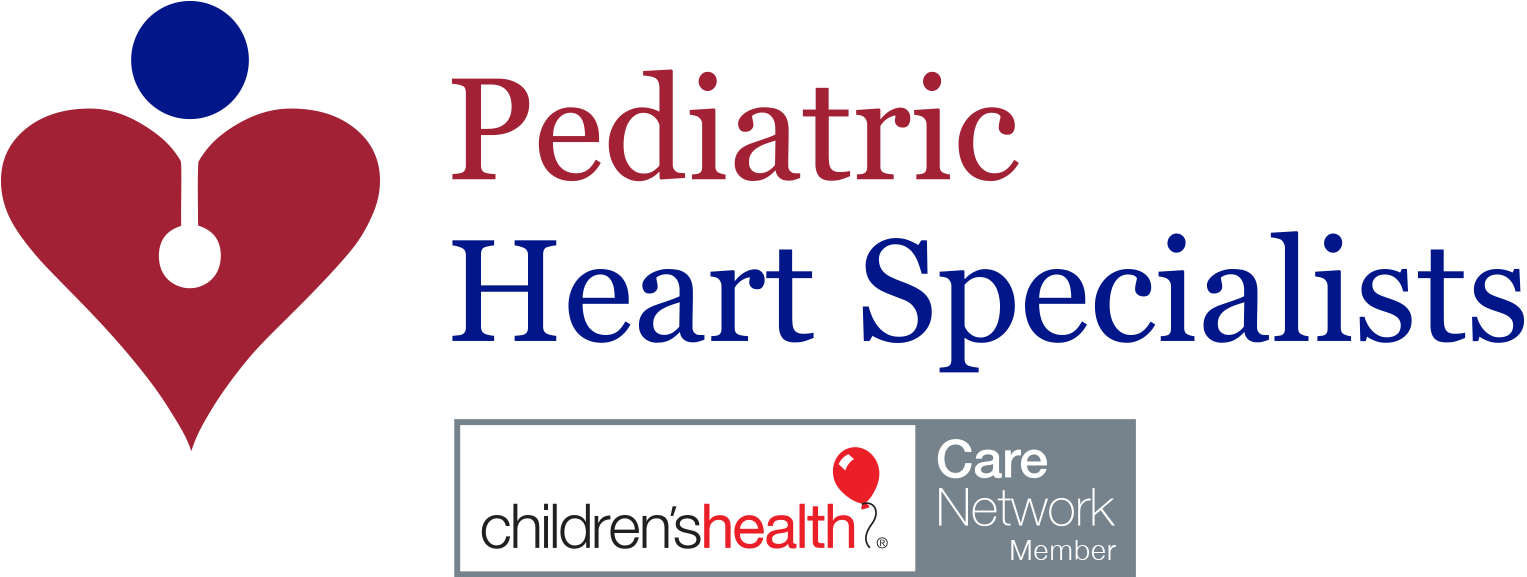Vasovagal syncope
- Details
Your child has recently had an episode of fainting, and your pediatrician has decided that they should be evaluated by a cardiologist. While there are many causes for fainting, or syncope, one of the most important to rule out is a malfunction of the heart. Luckily, in an otherwise healthy child, heart related causes of fainting are extremely uncommon. In fact, in most cases, after a visit to the cardiologist, parents and children are told that the reason for the dizziness and fainting is vasovagal syncope. But what exactly is vasovagal syncope?
Many of us have experienced the sensation of standing up too quickly and feeling a little dizzy or lightheaded. This occurs because, while we are sitting and standing throughout the day, gravity is trying to pull the blood down to our legs and away from our brain. Our body counteracts this by tightening the blood vessels to keep the blood circulating to the upper portion of our body. When we stand up too quickly or remain standing for too long, however, our body may not be able to react properly to maintain that blood flow to our brain. When this happens, our brain reacts by triggering a nerve called the vagus nerve. (This is the "vagal" in vasovagal). This can result in loss of consciousness and fainting via a sudden decrease in heart rate and blood pressure. One way to think about this reflex is as a defense mechanism - it's the brain's way of getting the body flat and resolving the issue of gravity pulling blood away from it. Occasionally, the vagus nerve can be activated by other triggers as well. Fear, pain or even a viral infection can trigger the nerve and lead to fainting.
While that all sounds scary, vasovagal syncope is easily counteracted by drinking plenty of fluids to stay well hydrated. It is also important for patient’s to recognize the feeling of dizziness so that they can react appropriately to their body's signals and either sit or lie down quickly. Once the dizziness has passed, they can slowly stand up again.
If your child has experienced dizziness or if they have passed out, it is important to let your doctor know, so that they can rule out any dangerous causes of fainting. If they feel it a visit to the cardiologist is needed, we will be happy to evaluate your child and help determine the cause and any treatment needed.
Christy Glasow, M.D.
Posted by .
